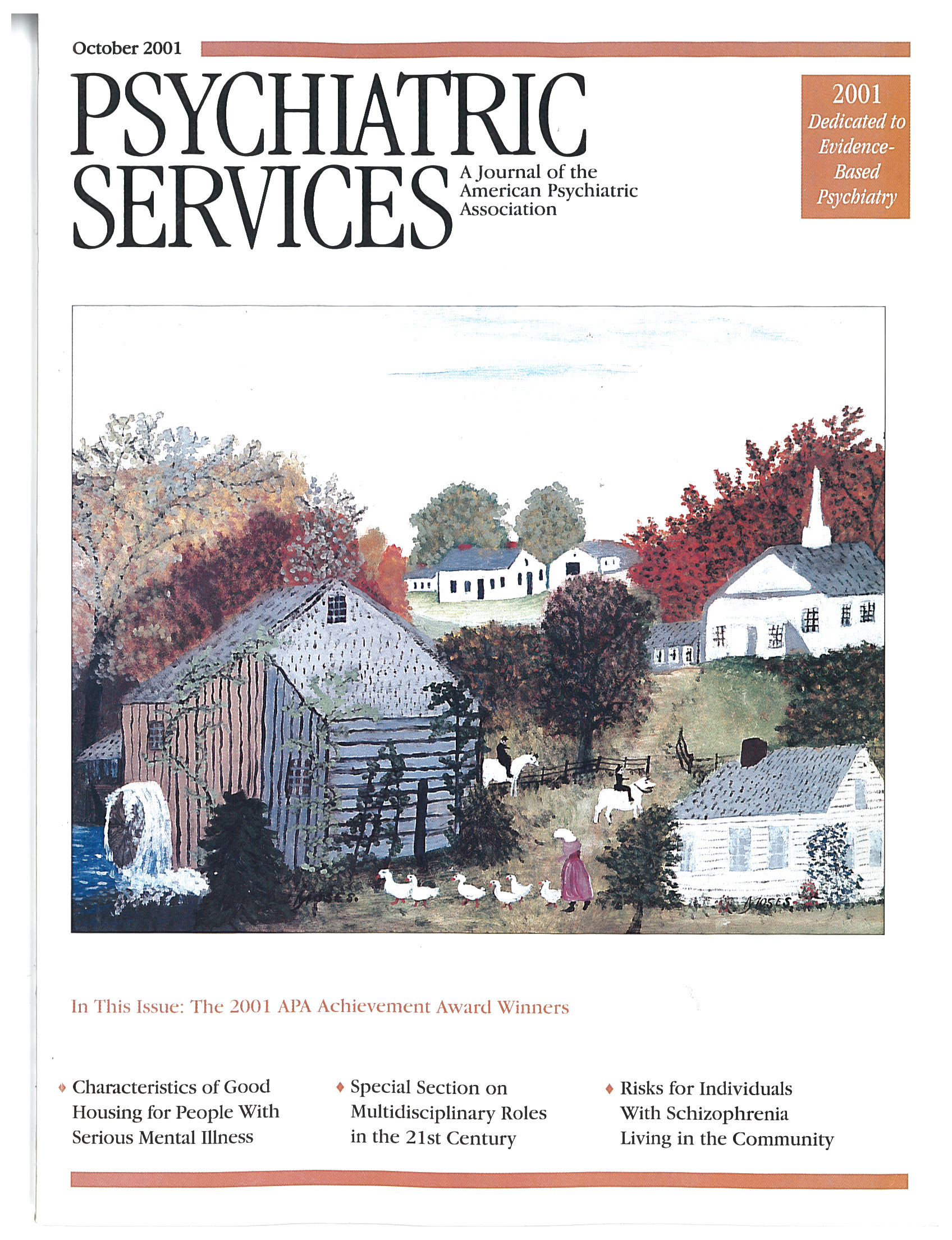Adults with learning disabilities struggle with mental health problems much more frequently than most professionals recognize. An estimated 3 percent, and perhaps as many as 10 percent, of the adult population have a learning disability. These individuals are at high risk of having emotional problems for two related reasons. One is that they must struggle with the disability itself, often without understanding why they are such a puzzle to themselves, to their families, and often to their therapists. The other is that they continue to be misunderstood, misdiagnosed, and mistreated not only in educational settings but also in psychotherapy and in life.
Although the emotional effects of having a learning disability may not always develop into diagnosable mental disorders, people with learning disabilities frequently suffer from serious emotional distress. However, mental health professionals are often unaware of both the cognitive problems of adults who have learning disabilities and the psychosocial difficulties that having a learning disability can engender.
Arlyn Roffman's book, Meeting the Challenge of Learning Disabilities in Adulthood, helps fill this gap in our awareness by providing a valuable account of the effects of learning disabilities on mental health and on important areas of adult functioning such as human relationships and vocational skills. Although this book is directed primarily to those who have learning disabilities, it has much to offer to therapists as well.
Roffman, a practicing psychologist whose experience with this topic spans nearly 20 years, lets us hear the voices of adults with learning disabilities—interviewed expressly for the book—as they describe in poignant detail what it is like to live with a learning disability. The book is skillfully crafted and written with deceptive simplicity; it is accessible to adults with learning disabilities, but it is also richly rewarding to professionals who want to know more about this type of disability. Roffman's book joins a short but significant list of texts that have appeared recently for professionals who work with adults who have learning disabilities, such as those by Janus (
1), Orenstein (
2), and Wren (
3), which were written for career counselors, social workers, and psychotherapists, respectively.
The first of the book's ten chapters introduces the concept of learning disabilities. Roffman then devotes half of the book to issues that are directly related to psychological concerns. Chapters on general mental health, family of origin, friendship and dating, partnerships, and parenting show how cognitive processing problems can have serious and pervasive effects on interpersonal relationships. The second half of the book describes how learning disabilities can affect daily living, postsecondary education, work, and quality of life.
Each chapter concludes with a section on coping strategies, which makes this book a practical, positive, can-do guide for those who live with learning disabilities. But if mental health professionals read between the lines—and this is not difficult to do—they will find a very useful set of guidelines for understanding the nature and scope of therapeutic intervention with patients who have learning disabilities.

